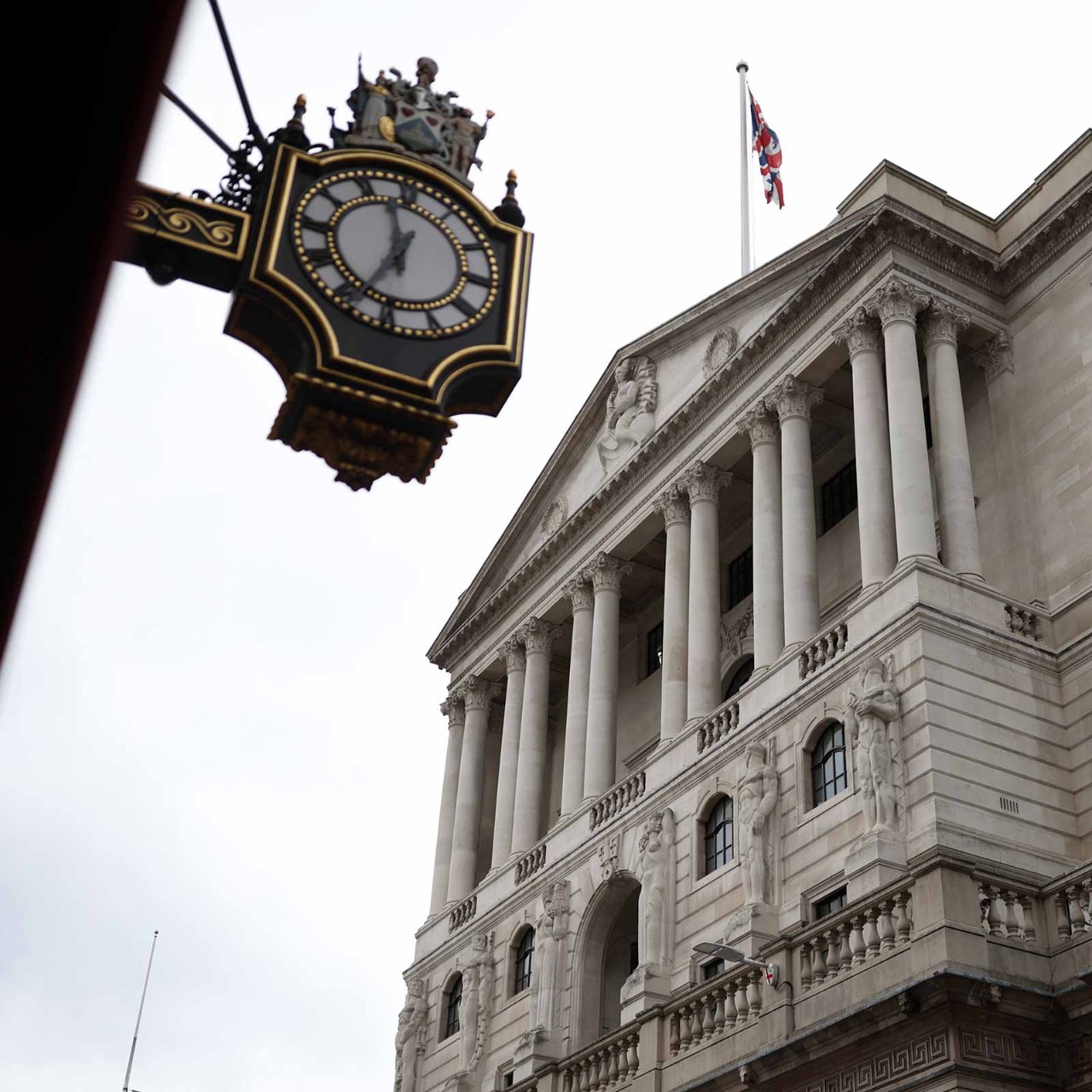
Heralded as a year of recovery and revival, 2022 has instead proved the ‘old normal’ to be further off than ever. Rising inflation and interest rates, soaring energy costs and the war in Ukraine have fuelled the worst cost of living crisis in over a generation.
While mostly debated in national terms, it is a truly global phenomenon – and its consequences are already extreme. The UN estimates some 71 million people were forced into poverty within three months of Russia’s invasion of Ukraine, as supply chain disruptions and price spikes in key commodities had immediate effects on household welfare, with those in poverty and near-poverty typically hit hardest due to their higher energy and food budget share.
Richer countries may be able to cushion the problem, but they won’t escape it. In the UK, the Resolution Foundation predicts the crisis will drive 1.3 million people into absolute poverty by 2023, among them 500,000 children.
71 million people were forced into poverty within three months of Russia’s invasion of Ukraine
For most consumers, the crisis has been more of a gradual build, measured largely by the escalating demands of energy bills and supermarket visits. Global research by Ipsos published in May captured the potential of the social impact if prices continue to rise. It reported 25% of the public were already finding it ‘quite or very difficult to manage financially these days’ and a further 34% were ‘just about getting by’.
The push for pay rises
Fortunately, with squeezed labour markets the norm since the pandemic, most employees have some leverage in terms of how they mitigate cost of living increases, and the push to increase pay has quickly become an international phenomenon in itself.
According to Statistica, UK salaries rose by just over 5.5% this summer, while in the US, a report by WTW found salary increases of 3.4% likely for the year.
However, with inflation now skimming 10% in the UK and above 8% in the US, the reality for most is a decline in real income. It’s a story replicated around the world. In Canada, average wage increases of 3.5% were reported this year, with inflation at 7.6%. In Australia, wages rose by 2.6% in the first half of the year, while inflation was up to 6.1%.
Finance function
Of course, there are exceptions and many working in finance are set to weather the storm in relatively strong positions. In the UK, an Institute of Fiscal Studies report found finance professionals have enjoyed pay rises of up to 30% since the beginning of the pandemic. In Ireland, the website irishjobs.ie reported salary increases of 10% to 20% as routine for accounting professionals last year. In both countries, salary increases of a similar range were predicted for 2022.
While few other sectors of the economy can expect to match this, demands for wage hikes that at least match inflation can only intensify and, in some cases, are already be bearing fruit.
In September, the Confederation of British Industry (CBI) said 44% of UK businesses are now planning to raise pay to meet inflation, while 24% are planning above-inflation pay increases.
Those fearing such moves could spark a wage-price spiral similar to the inflationary 1970s can rest assured this is unlikely. A recent analysis by the International Monetary Fund of past crises similar to the current one found that, on average, rising wages and inflation did not result in an economic vicious circle.
Rethinking rewards
With real income now a top-of-mind concern, businesses know that, whatever their financial response, employees have more reason than usual to look beyond their current organisation for the next career move.
Alastair Woods, pay and employment partner at PwC UK, says that in adapting to this new environment ‘a more flexible and innovative approach to reward and working conditions will be critical’. Businesses that focus ‘on wellbeing, flexible working patterns, career ladders, and new and more personalised benefits’ will reap the long-term benefits, he says.
Examples of non-financial interventions are varied, and employees will make up their own minds as to their value
A PwC UK survey in August found companies to be relatively far advanced along this path, in thinking at least: 83% said they were ‘taking action or considering ways to help employees’, although just 15% had already made ‘non-financial interventions, such as help with travel, home insulation and shopping’.
Examples of these non-financial interventions are varied, and employees will make up their own minds as to their value. A sample in the UK include retailer John Lewis, which is offering free food to all its workers over the Christmas trading period; HR firm Bespoke, which provides staff with weekly supermarket vouchers; and holiday firm Hays Travel, which has held monthly prize draws for employees with the winner getting their bills paid for six months.
For any employer pondering what additional supports would best help their staff, an obvious but easily overlooked starting point are the numerous tax-free benefits permitted by revenue authorities. While these vary from jurisdiction to jurisdiction, they routinely include free or subsidised meals, contributions to public and sustainable transport, and preferential loans.
In Ireland, for example, free or subsidised meals are not a taxable benefit-in-kind if offered in staff canteens to all employees. In the UK, interest-free or low interest loans worth less than £10,000 in a tax year are exempted from benefit-in-kind considerations.
Also useful for those unsure of where to start is the Cost-of-Living Action Plan for Businesses created by Business in the Community. This sets out 12 targets for businesses to respond with a holistic approach encompassing employees, customers, communities and suppliers (see panel).
Cushion the blow
Financial and non-financial supports will undoubtedly proliferate in the run up to Christmas and beyond. Referencing the growing evidence from her business community, CBI Northern Ireland director Angela McGown says she believes ‘firms will undoubtedly lead their employees through this crisis’. She adds, however, that ‘the business community alone cannot carry the burden of delivering economic growth and maintaining living standards’.
It is certainly the case that most people expect governments to lead the way in terms of resolving the current crisis. Employers, however, will be expected to help soften the blow along the way. While the coming winter is the focus of current concern, the challenge is not expected to ease any time soon.
The Bank of England believes it will be two years before inflation returns to the target 2%. A recent European-wide survey by YouGov found that concern among citizens was already moving from issues around paying bills to the risks of social unrest.
Businesses certainly can’t be expected to have all the answers to questions like these, but those companies that have proudly asserted people to be their greatest asset over the years will need to find new ways to invest in them in the critical months and years ahead.
Cost of Living Action Plan
Membership organisation Business in the Community (BITC), a network set up in 1982 to encourage responsible business practices, recommends the following:
Supporting employees
- Pay the Real Living Wage to employees and contractors.
- Ensure employees have the option to work flexibly.
- Target support towards lower income and vulnerable employees using workforce data and employee engagement.
Supporting customers
- Understand the needs of your lower income and vulnerable customers.
- Provide products and services genuinely affordable to lower income consumers.
- Innovate to deliver affordable and sustainable products and services.
Supporting communities
- Promote employee volunteering with schools and front-line organisations.
- Share goods and equipment with community organisations.
- Provide funding for community partners.
Supporting suppliers
- Ensure prompt and fair payment.
- Support your supply chain to reduce energy and resource use.
- Purchase goods and services that are more energy and resource efficient.





